By Blaine Taylor
The German Wehrmacht had just invaded the Soviet Union in the predawn hours of June 22, 1941, and the chief of the Soviet General Staff, General Georgi Konstantinovich Zhukov, was calling the Kremlin in Moscow to alert dictator Josef Stalin, nicknamed “The Chief. “
“About three minutes later, Stalin picked up the receiver. I reported the situation and requested permission to start retaliation. Stalin was silent. The only thing I could hear was the sound of his
breathing,” Zhukov reported in his postwar memoirs. “‘Do you understand me?’ Silence again. At last Stalin said, ‘Come to the Kremlin with [Soviet Marshal Semyon K.] Timoshenko. Tell my Secretary to summon all Politburo members.”
The Georgian-born dictator was in a state of shock. He knew that the initial success of the German onslaught against the Soviet Union was due in full measure to his own 1937 purge of the Russian Army officer corps with more than 36,000 murdered. It was also the product of his belief in the promises of Adolf Hitler as stated in the August 1939 Nazi-Soviet Non-Aggression Pact signed in the Kremlin.
Wringing his hands in anguish, Stalin moaned to his associates, “Lenin left us a Communist state, and now we’ve ****** everything up!” which they all knew really meant he had. Until July 3, he would remain in a state of disbelief, with Zhukov and the others saving the country in the first three weeks of what came to be called the Great Patriotic War, which has dominated Russian politics, military doctrine, foreign affairs, and historiography ever since.
Zhukov was the central figure after Stalin in the prosecution of the war, and some writers have even asserted that during the Battle of Moscow their true roles were in reality reversed, with him taking the lead over the dictator until the conflict’s successful conclusion in 1945. Zhukov’s surname meant “beetle” or “cockroach.”
General Dwight D. Eisenhower called Zhukov “the most reasonable“ Soviet leader he ever met, while the New York Times on June 28, 1965, noted that he was “four times named a Hero of the Soviet Union.” His titles included Marshal of the Soviet Union, former Member of the Presidium of the Central Committee of the Communist Party of the Soviet Union (the first soldier ever to be so appointed), and former minister of defense under Premier Nikita S. Khrushchev, both his patron and nemesis.
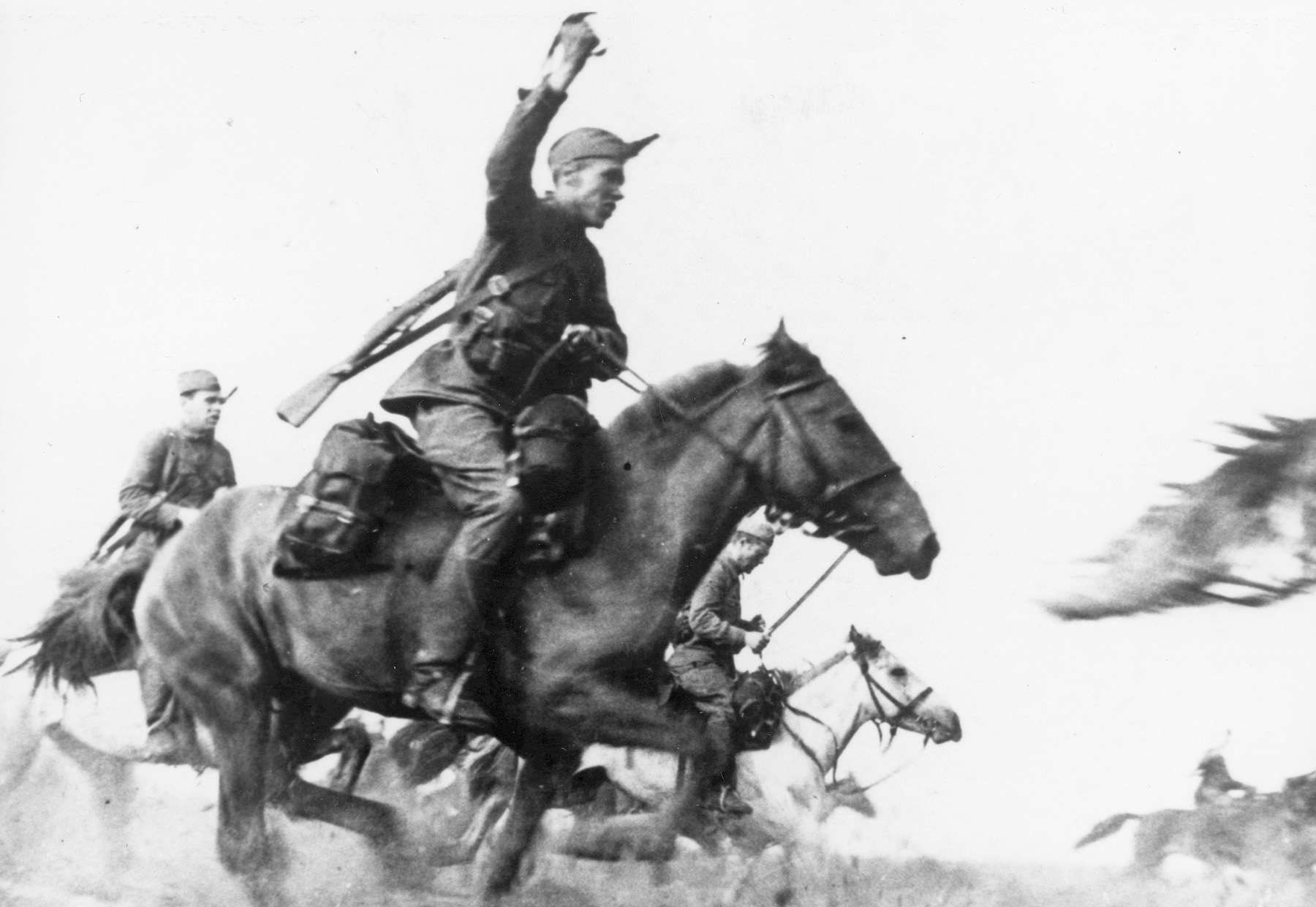
In 1962, the British Foreign Office stated bluntly for Who’s Who in the Soviet Union, “Marshal Zhukov was the most outstanding commander of the Second World War.” In the words of his own deputy, Marshal Alexander M. Vasilevsky, “He was born a military leader. Of the Soviet generals who so conclusively defeated the armies of Nazi Germany, he was the most brilliant of all.”
Zhukov did not only fight the Nazis. He was the only major Allied commander in World War II to also fight the Japanese at the Battle of Khalkin Gol in 1939 and all of the German satellite state armies as well—Italy, Hungary, Rumania, Bulgaria, and Finland during 1941-1945. Well did he earn the five stars of a Marshal of the Soviet Union, and he was arguably the most successful soldier in the annals of recorded military history.
In his book The Great Commanders, author Phil Grabsky notes, “Alexander [the Great] commanded an army of 35,000; Zhukov a force of millions. Alexander answered to no one; Zhukov was deputy to Stalin. Alexander fought to conquer; Zhukov fought to survive. Yet any commander’s operational requirements are essentially the same: a clear strategy, efficient logistical supply, fierce determination and overwhelming strength of character. Zhukov was a master of all four.”
Zhukov’s task during 1941-1945 was enormous, but he mastered it supremely. During the war, the Soviet armed forces destroyed 507 German divisions and a hundred divisions belonging to Germany’s allies, while the Allies defeated 176 German divisions in Western Europe, North Africa, and Italy. The Germans lost more than three quarters of their tanks, assault guns, and aircraft against the Soviets.
Zhukov was born on December 2, 1896, in the peasant village of Strelkovka, Kaluga Province, in Central European Russia. Between the ages of 7 and 10, he had three years of primary education at his local parish school before being sent as an apprentice to a Moscow cobbler to train for that trade. Adds Russian writer Viktor Anfilov, “Despite the difficult circumstances, he went on with his studies and in 1913 took the examination for a whole year’s course at a city school.”
In 1915, Zhukov was drafted into a Tsarist cavalry regiment as a private. He would never forget the lessons he learned there of the usage of large mounted formations on Russia’s flat steppes, even after he became an outspoken advocate of armored warfare when it was dangerous to do so in the post-Stalinist purge years. During World War II, cavalry, infantry, tanks, and ski troops played a vital part in virtually all his campaigns.
It was in the Tsarist cavalry that Zhukov noted that Tsar Nicholas II’s aristocratic officer corps looked down on its private soldiers, and the men, in turn, did not respect the officers, often simply ignoring their orders. “The Russian soldier would fight hard, but only for men they trusted,” noted Grabsky, and Zhukov was quick to make this dictum his own. This helped establish him as one of the great members of that pantheon of Russian soldiers that includes Nevsky, Potemkin, Suvorov, and Kutusov.
As a spy behind enemy lines, Zhukov captured a German officer before receiving a concussion to the head from an enemy mine, and was awarded his second St. George’s Cross. He spent the rest of the war recuperating from his wound until after the overthrow of the Tsar and the Romanov regime. In 1918, he decided to join the newly formed Soviet Red Guards and met Stalin during the Russian Civil War while fighting at Tsaritsyn (later Stalingrad and Volgograd). Fighting with the Reds, Stalin and Zhukov both played a significant role in the ultimate defeat of the arch-conservative, right-wing White forces.
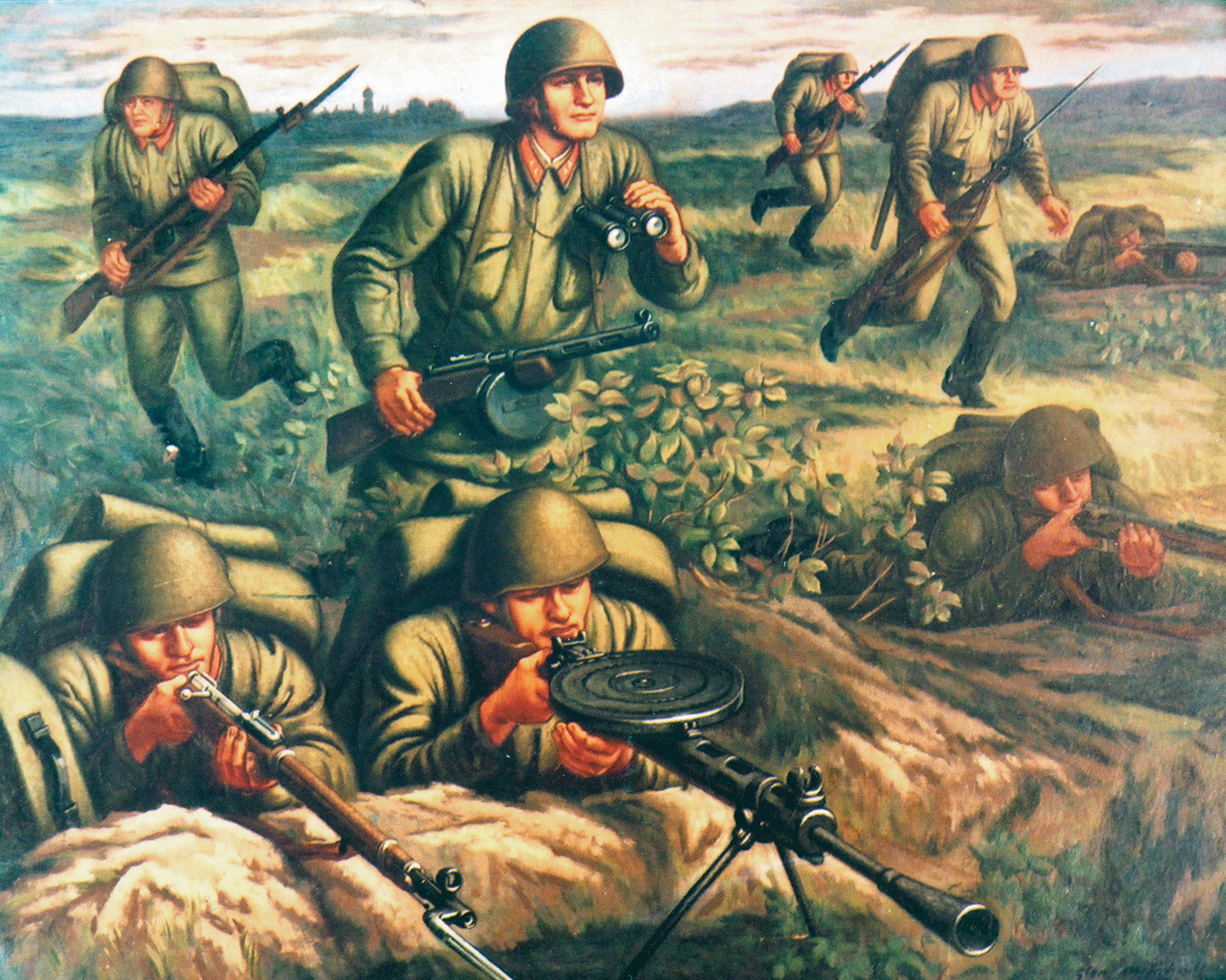
He ended the Civil War as a cavalry squadron commander, and in August 1922 was awarded his first Soviet decoration, the Order of the Red Banner. He had also been wounded again, at Tsaritsyn. Two years later he entered Leningrad’s Higher Cavalry School, where he was renowned as a tenacious student and tough taskmaster for those under him, both traits that would be hallmarks of his later career.
Asserted future Marshal Konstantin K. Rokossovsky, “If you looked into his room, you would find him crawling over a map on the floor. Even then, for him the cause and his sense of duty were above everything.” Preparing in 1945 for the attack on Berlin, he commissioned the shooting of thousands of aerial photographs that were then painstakingly pieced together for assault routes. In addition to that, these were then used to build a scale model of the entire city. Stalin’s order was simple and straightforward: Take Berlin by May Day, the most important date on the Soviet political calendar. Zhukov did so in a steamroller-like campaign from April 16 to May 1, 1945, bringing the European war virtually to an end.
As a brigade commander, Zhukov had taken a secret course in armored warfare in the Weimar Republic, Germany, in 1928, and in 1929-1930 he was back in Moscow as a student. He served under Rokossovsky in the 2nd Cavalry Brigade and later under both Marshal Timoshenko (his patron) and Cavalry Inspector Semyon M. Budenny, a hero of the Civil War and one of Stalin’s top two military cronies. The other was Marshal Kliment Voroshilov, whom he would replace on Stalin’s orders as commander of the Leningrad Front in 1941 before the Battle of Moscow, which was Zhukov’s first smashing victory against the Germans.
After concluding his three years of schooling at the Frunze Military Academy, where he made a special study of the use of armored and airborne formations, Zhukov was posted as the main Soviet military adviser to the Republican-Communist forces fighting Nationalist-Fascist-Nazi troops in the Spanish Civil War in 1936. It was here that he first witnessed actual mechanized warfare, and in 1937 he returned home to take command of the Sixth Cavalry Corps.
Stalin’s purge of the officer corps made way for younger men like Zhukov and the rest of the Soviet World War II-era marshals to rise to the top ahead of their time. In June 1939, Zhukov became commander of the 1st Soviet Mongolian Army that defeated the Japanese Kwantung Army the following August. It was this stunning victory, his first, that kept the Imperial Japanese Army neutral through the rest of the war until Stalin himself declared war on Japan in 1945 after Nazi Germany’s defeat.
Marked as the coming man by this success in which he had inflicted 18,000 casualties on the Japanese, Zhukov next served on the staff of Marshal Timoshenko in the piercing of the Mannerheim Line during the Russo-Finnish War of 1939-1940. Hitler believed erroneously that the Soviet Union could be toppled in a single-stroke, swift campaign and on December 18, 1940, he ordered preparations for Operation Barbarossa, the invasion of the Soviet Union, which involved nearly four million soldiers of Germany and its allies.
Meanwhile, Zhukov, promoted to the rank of army general, was posted to command the vital Kiev Military District in Ukraine in June 1940, just as the Germans had completed overrunning Western Europe with their Blitzkrieg armored tactics. In the next Soviet war games, Zhukov commanded the enemy forces and defeated the Red Army, leading an impressed Stalin to name him chief of the General Staff in February 1941. On June 22, 1941, Hitler unleashed his invasion. The first six months of the war were a total disaster for the Soviets.
Then Zhukov was named to take over the defenses of besieged Leningrad (now St. Petersburg, its pre-1917 name), and the city held out until the German siege was finally lifted by the Red Army in January 1944. Stalin shifted him to Moscow’s defense just in time during the winter of 1941, when it appeared that the capital might fall. Using troops freed from guarding the now-neutral Japanese in Mongolia and Siberia, Zhukov planned and executed a brilliant defense of the city that stopped the German juggernaut cold. It was the first Russian victory of the war and proved that the Nazis were not invincible after all.
Zhukov and Stalin then headed the planning for the successful turning point of the war at Stalingrad in November 1942, Operation Uranus, which destroyed the German Sixth Army and led Hitler’s Eastern allies and Fascist Italy to start seeking a way out of what now looked like a lost cause.
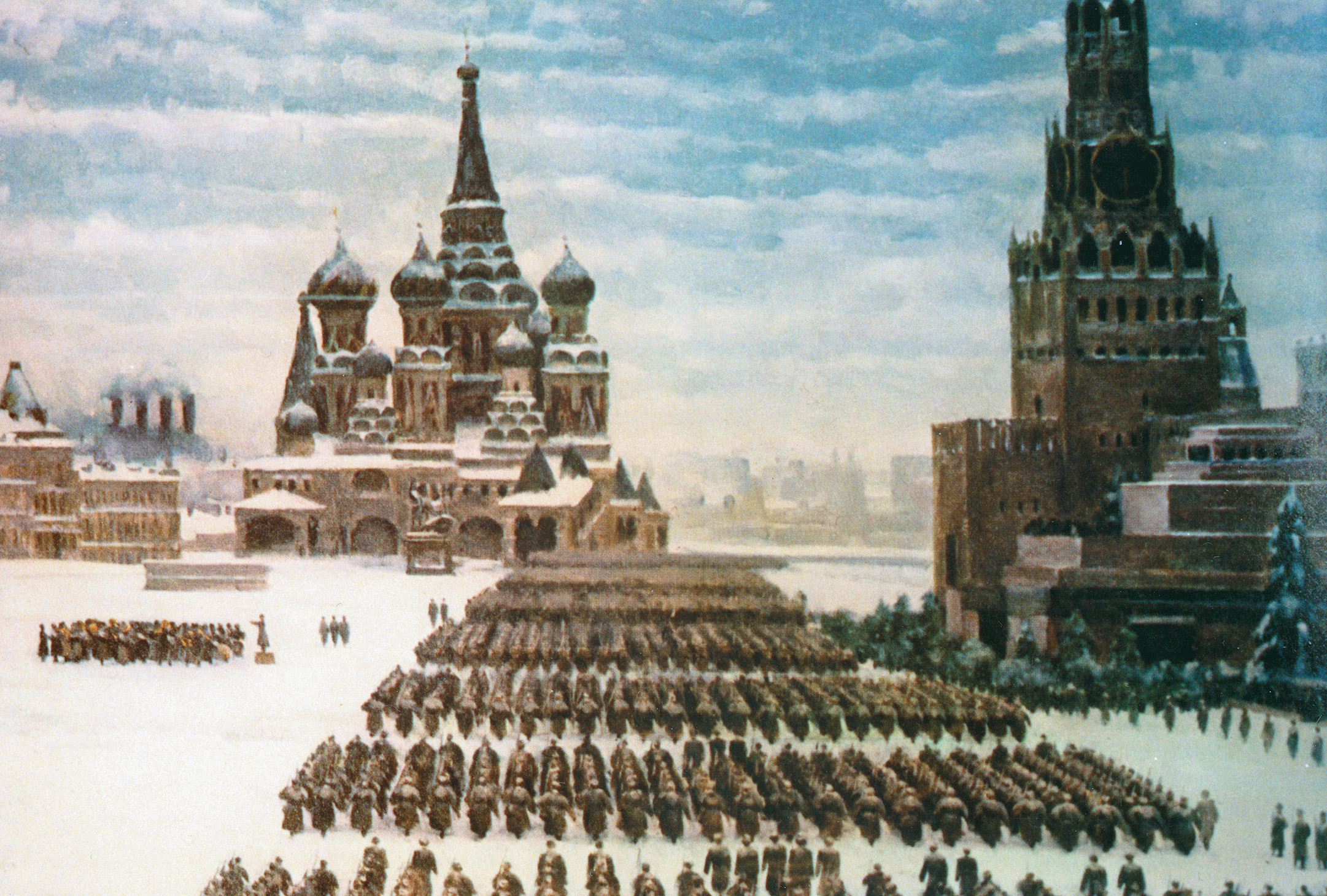
Promoted to the rank of marshal early in 1943, Zhukov then guessed that the next German spring or summer offensive would be at the Kursk salient. He was correct and again employed his usual Wellington-like stratagem: Let the enemy attack first, then when he is worn out, counterattack and utterly destroy him with vastly superior forces, casualties be damned. Those who did not obey or fled were shot by Soviet Red Army commissars of the Communist Party.
As Zhukov had foreseen, Kursk developed into the greatest tank battle in history, with the Germans suffering a third tremendous defeat. The strategic initiative passed to the Red Army for good, with the final 18 months of the war consisting of a virtual nonstop drive on the Nazi capitals of Vienna and Berlin.
In January 1944, Zhukov became deputy commander-in-chief to Stalin himself. In that capacity, it was Zhukov, and not Stalin, who rode a white horse during the Soviet victory parade in Moscow in June 1945, because it was rumored that, during a dress rehearsal for the event, the horse had thrown Stalin.
From May 1945 to January 1946, the marshal was the Soviet representative on the Allied Control Council in Berlin. He then returned home to become commander-in-chief of the Soviet Army and deputy minister of the armed forces. Fearing Zhukov’s popularity and his potential as a rival, Stalin shipped the hero off to command the Odessa Military District, and then even farther east to the Urals in Soviet Asia.
Following Stalin’s death in March 1953, Khrushchev became Zhukov’s political patron, and he was named minister of defense, replacing Marshal N.A. Bulganin. Zhukov took the leading role in deposing feared NKVD Secret Police Chief Lavrenti P. Beria and also solidified Khrushchev’s hold on power, only to be demoted once again by him and sent into a renewed exile.
Zhukov had been accused of fostering “a cult of personality” and being a “Bonapartist” (one seeking to become a political general). As Khrushchev told The New York Times, “He has nothing to do now. He fishes and hunts. He used to be a good soldier.” He was written out of the “official” histories of the war, but not for long.
In October 1964 Khrushchev was overthrown, and the following May Marshal Zhukov stood once more atop the red marble mausoleum of Lenin’s Tomb during the 20th VE-Day celebrations. The following month his memoirs appeared, designed to correct what the marshal perceived to be inaccuracies about the Great Patriotic War in both German and Soviet accounts. The book stands as a masterpiece of concise military writing.
Marshal Georgi Zhukov died on June 18, 1974, at age 77, and his ashes were buried in the Kremlin Wall in Moscow. Wrote his friend Marshal Vasilevsky, “One can only envy a man who so closely identified his life with that of the people.” His best eulogy, however, came from the private soldiers. They respected rather than feared him. The fear they left to his former staff officers. n
Towson, Md., freelance writer Blaine Taylor is the author of a trio of books on World War II as well as the forthcoming Volkswagen Civil and Military Vehicles of the Third Reich and Hitler’s Trains—Railroads of the Third Reich: Mobile Command Centers, Railway Guns and Special Transports.
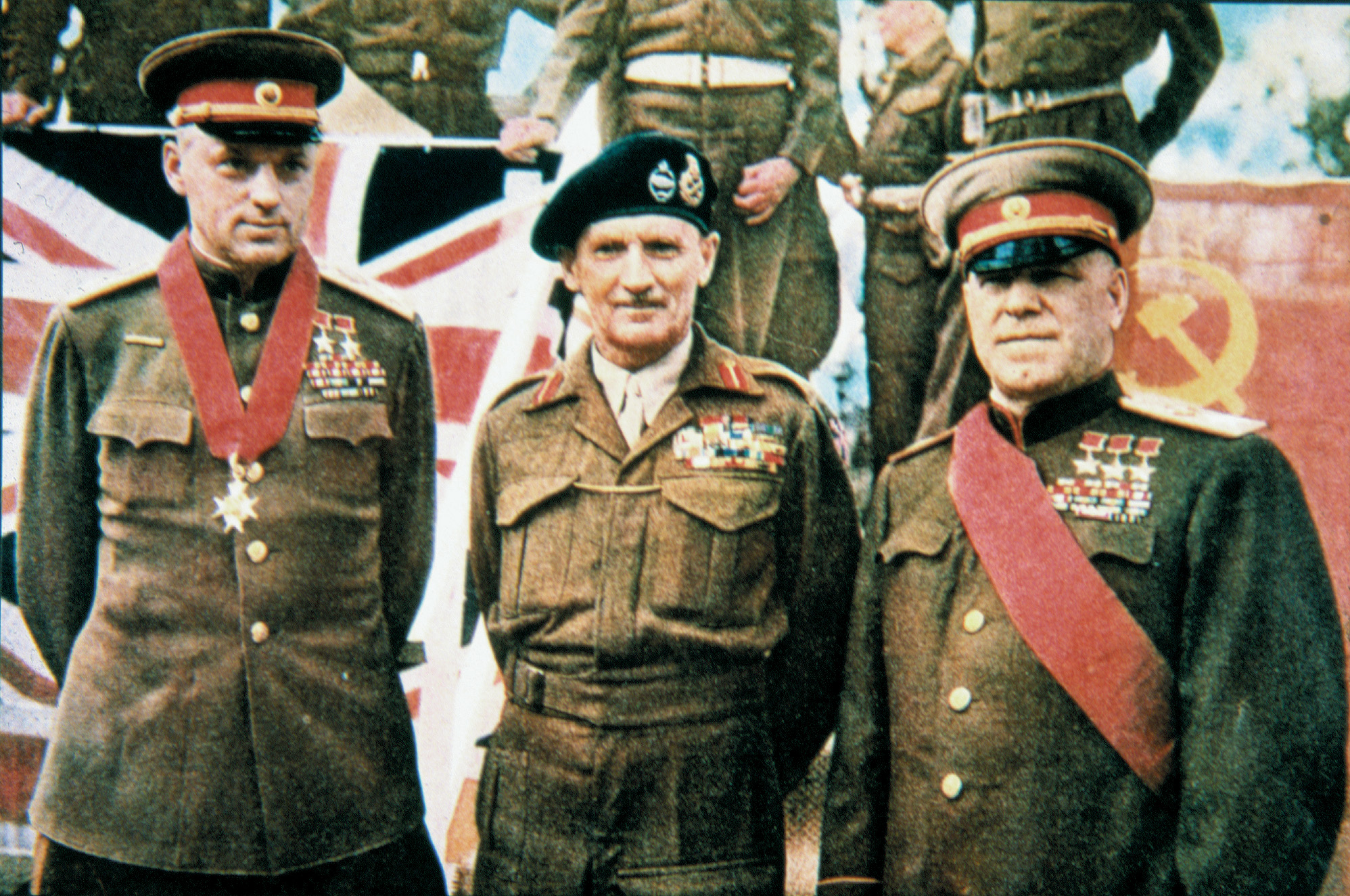
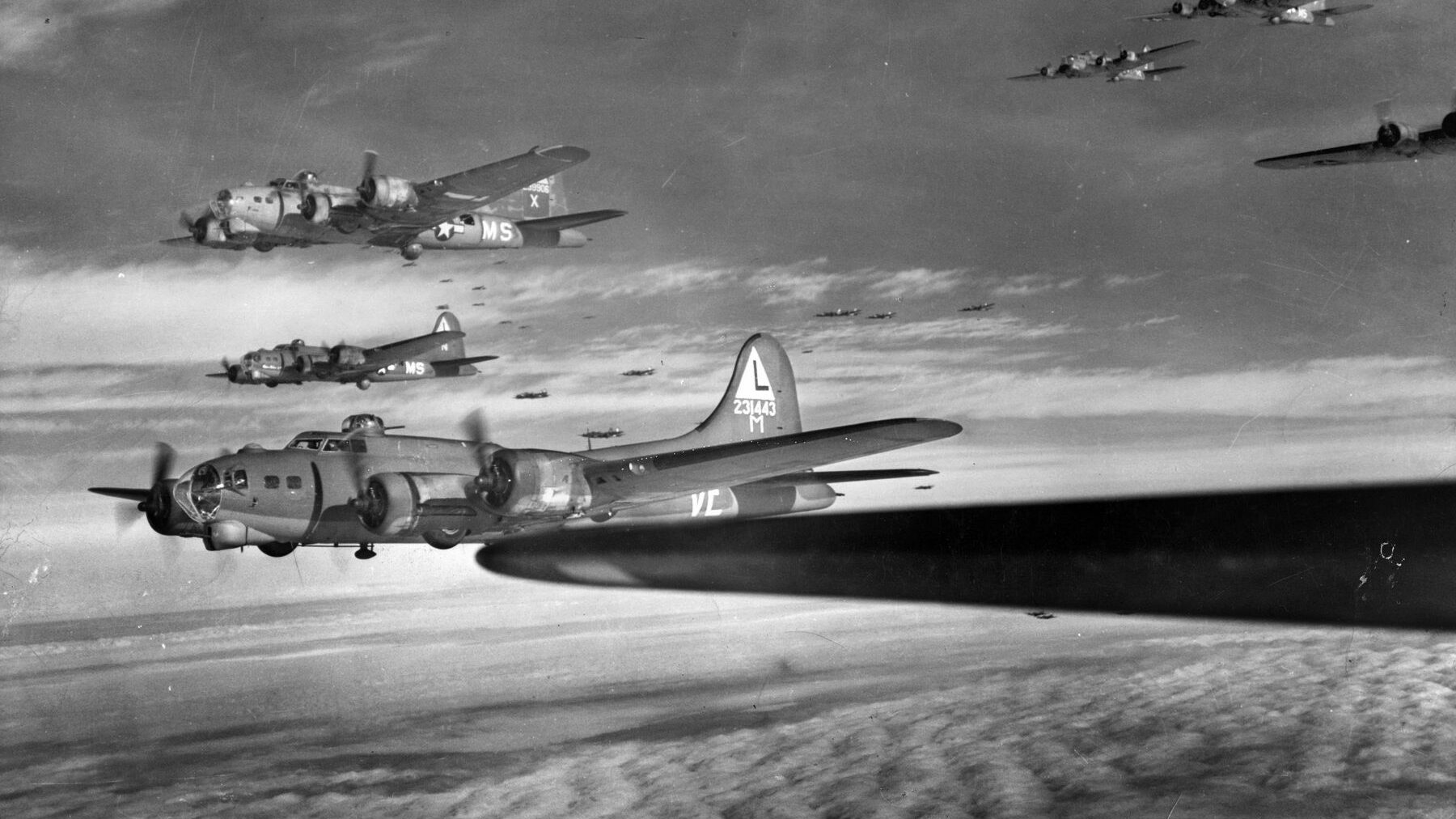
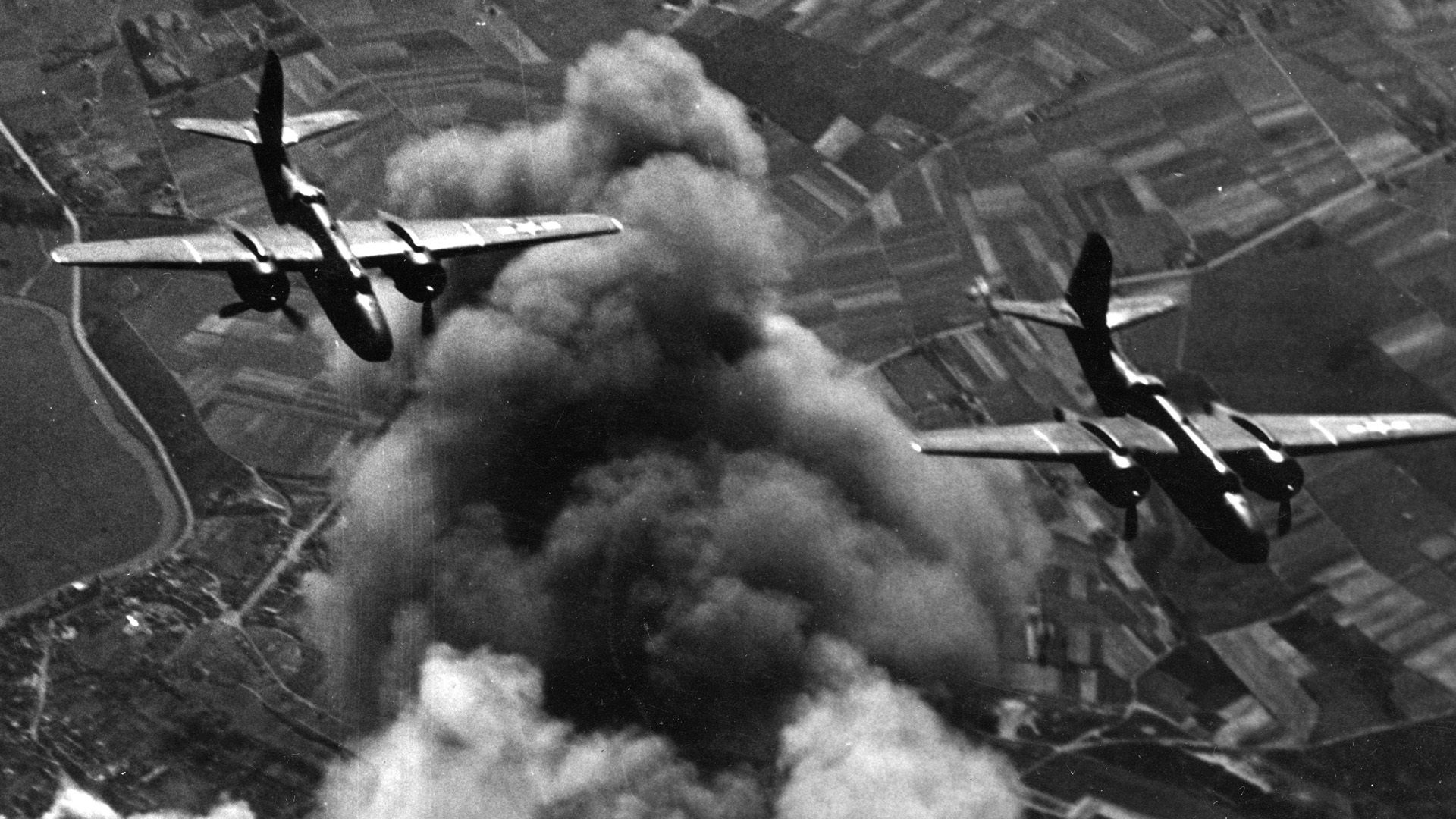
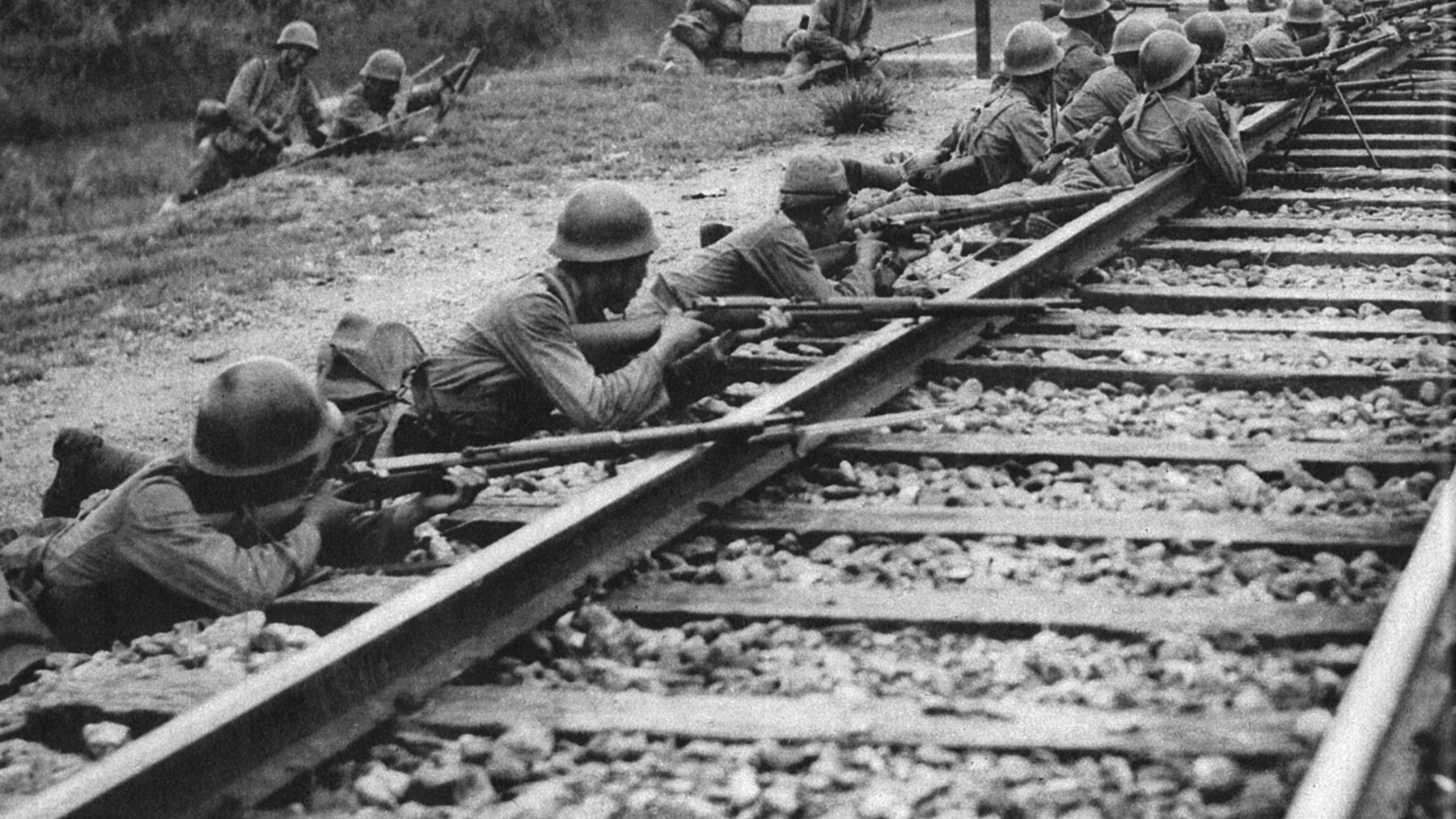
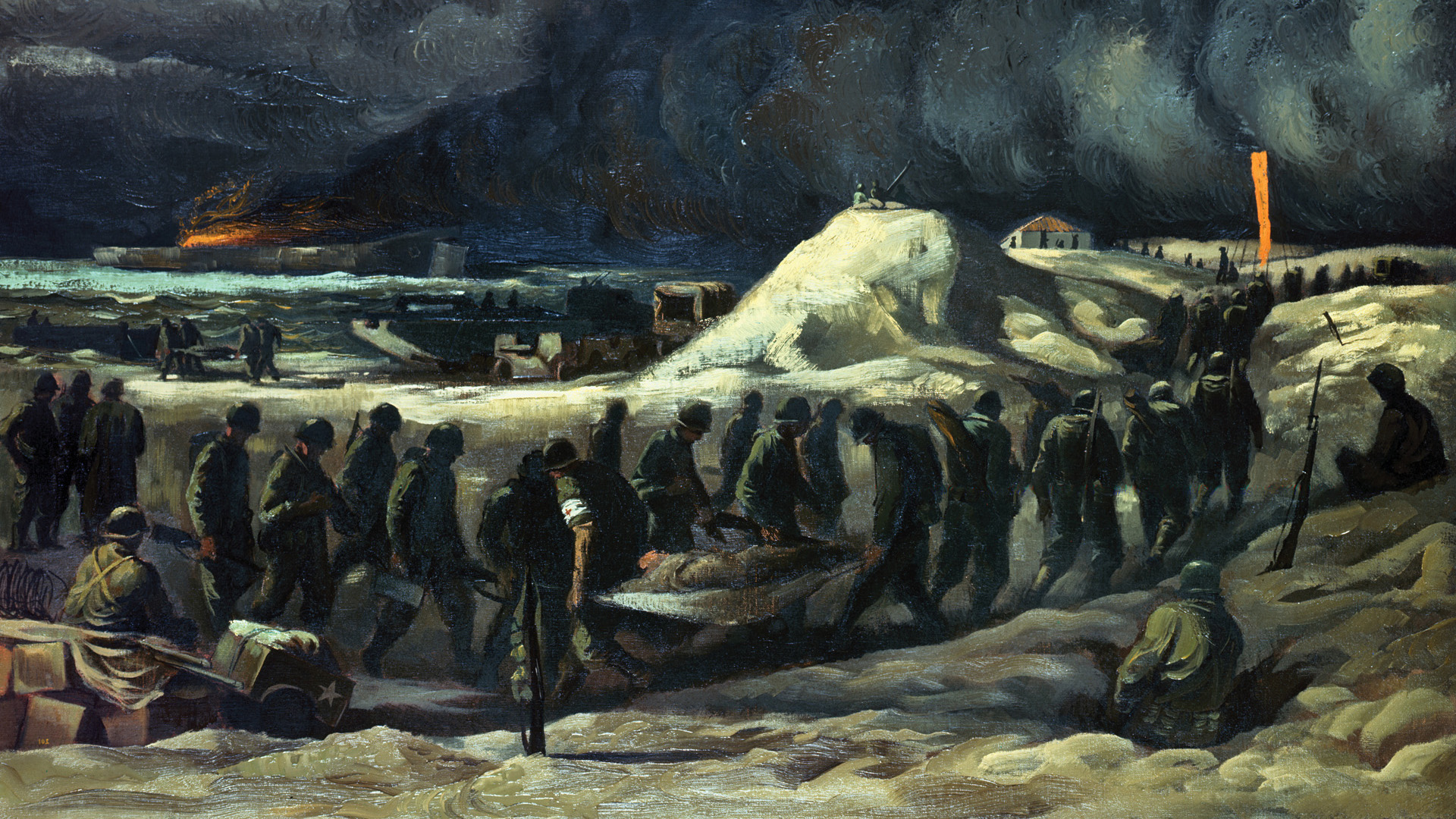
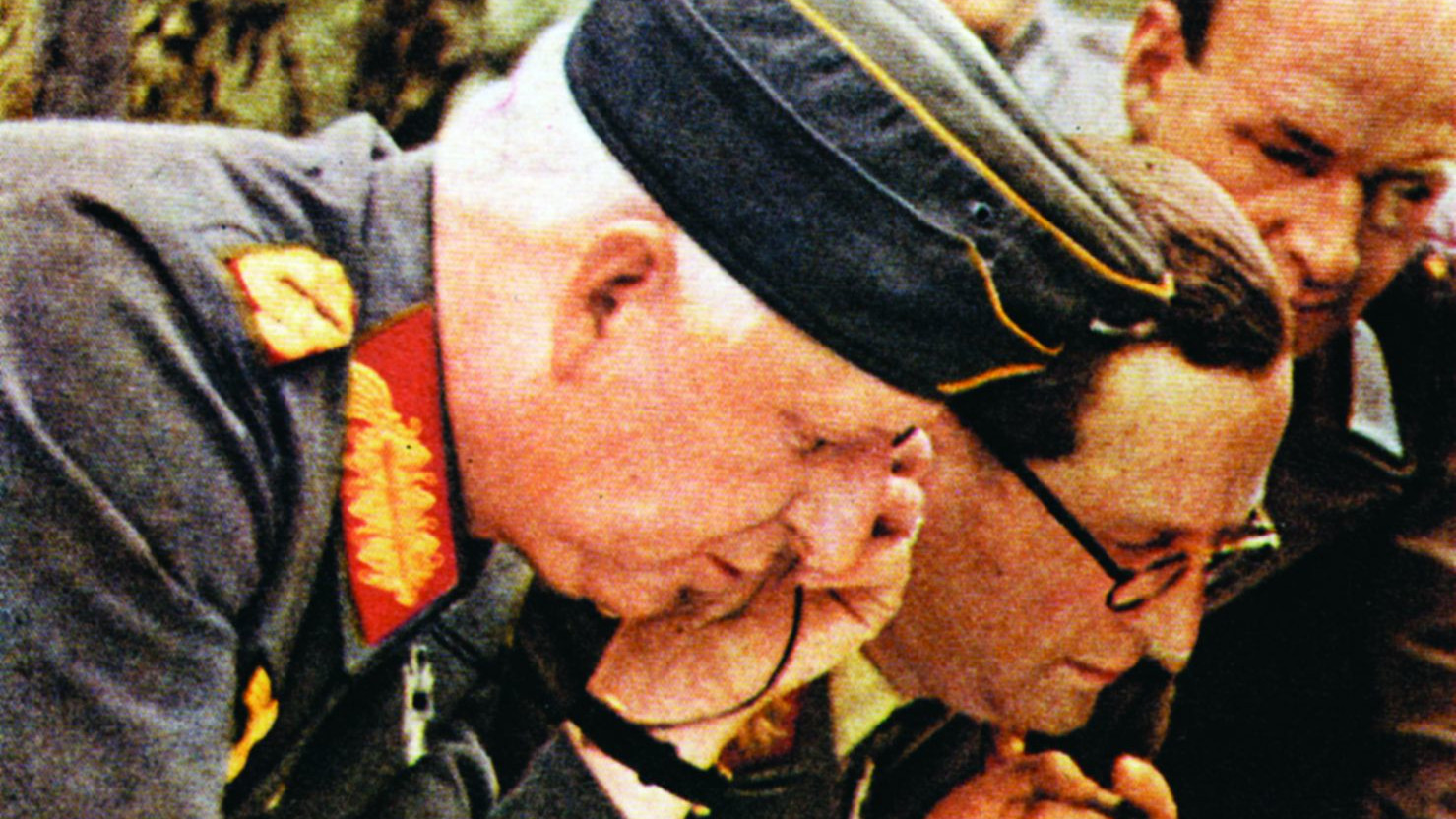
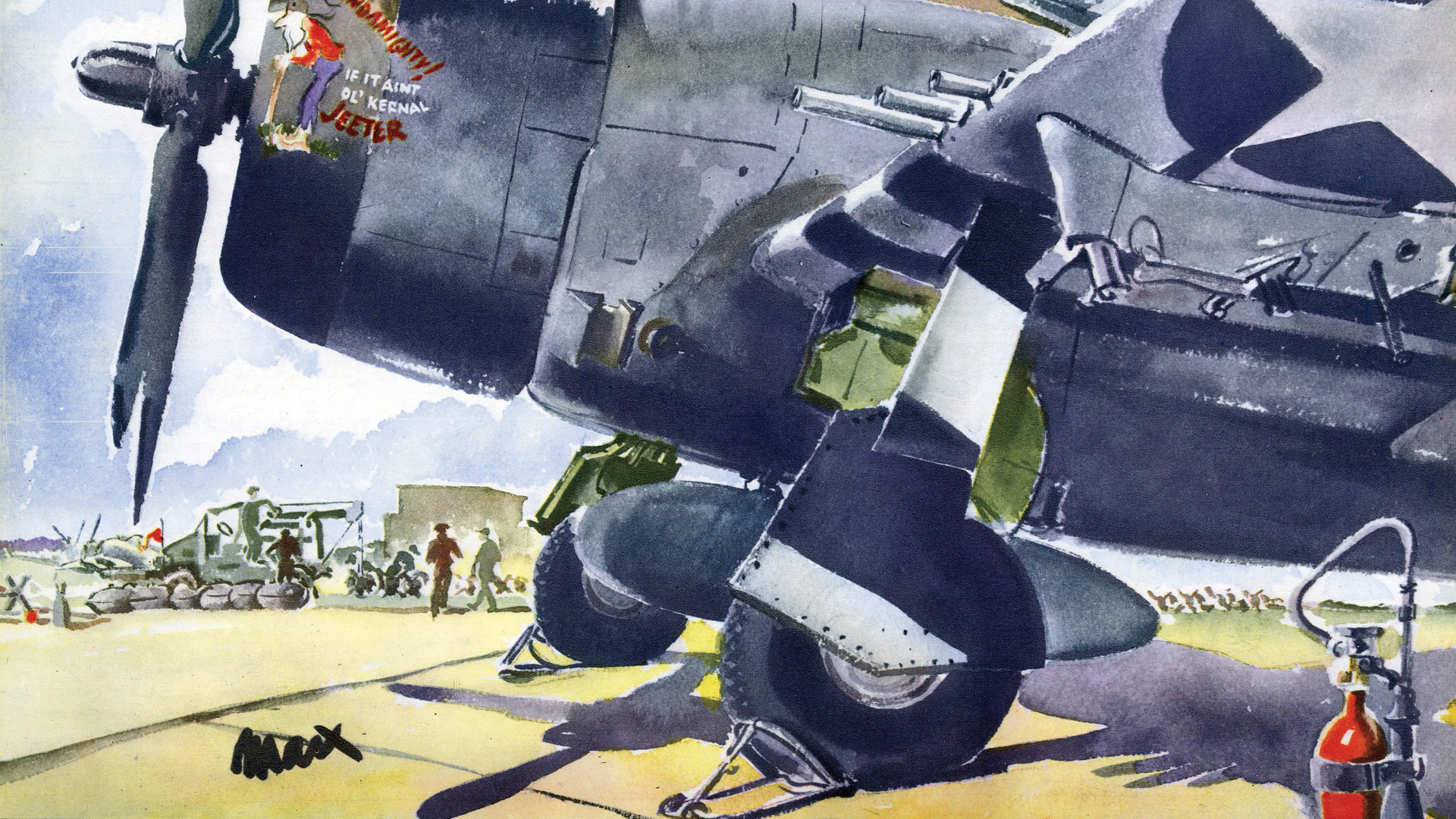
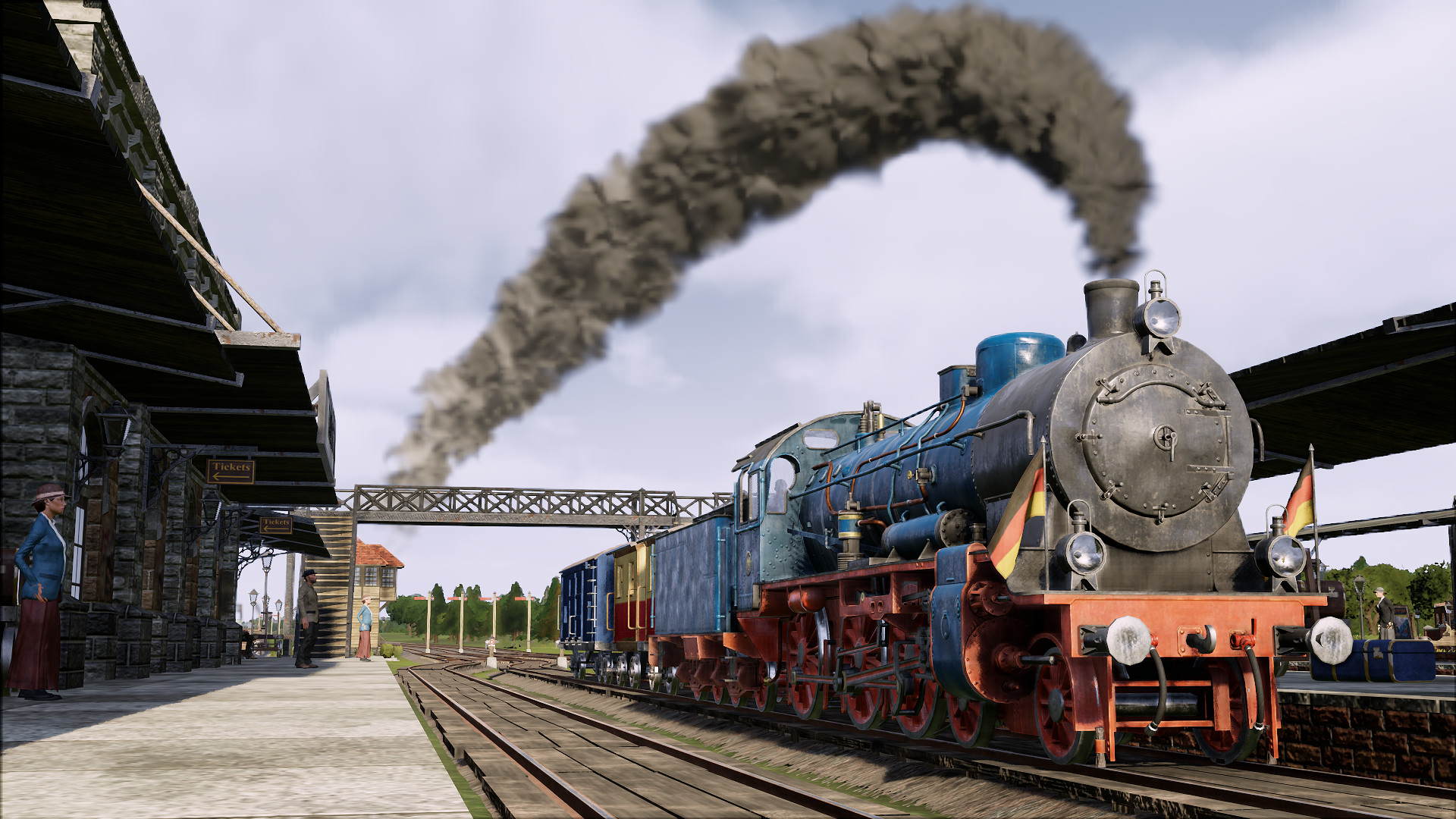
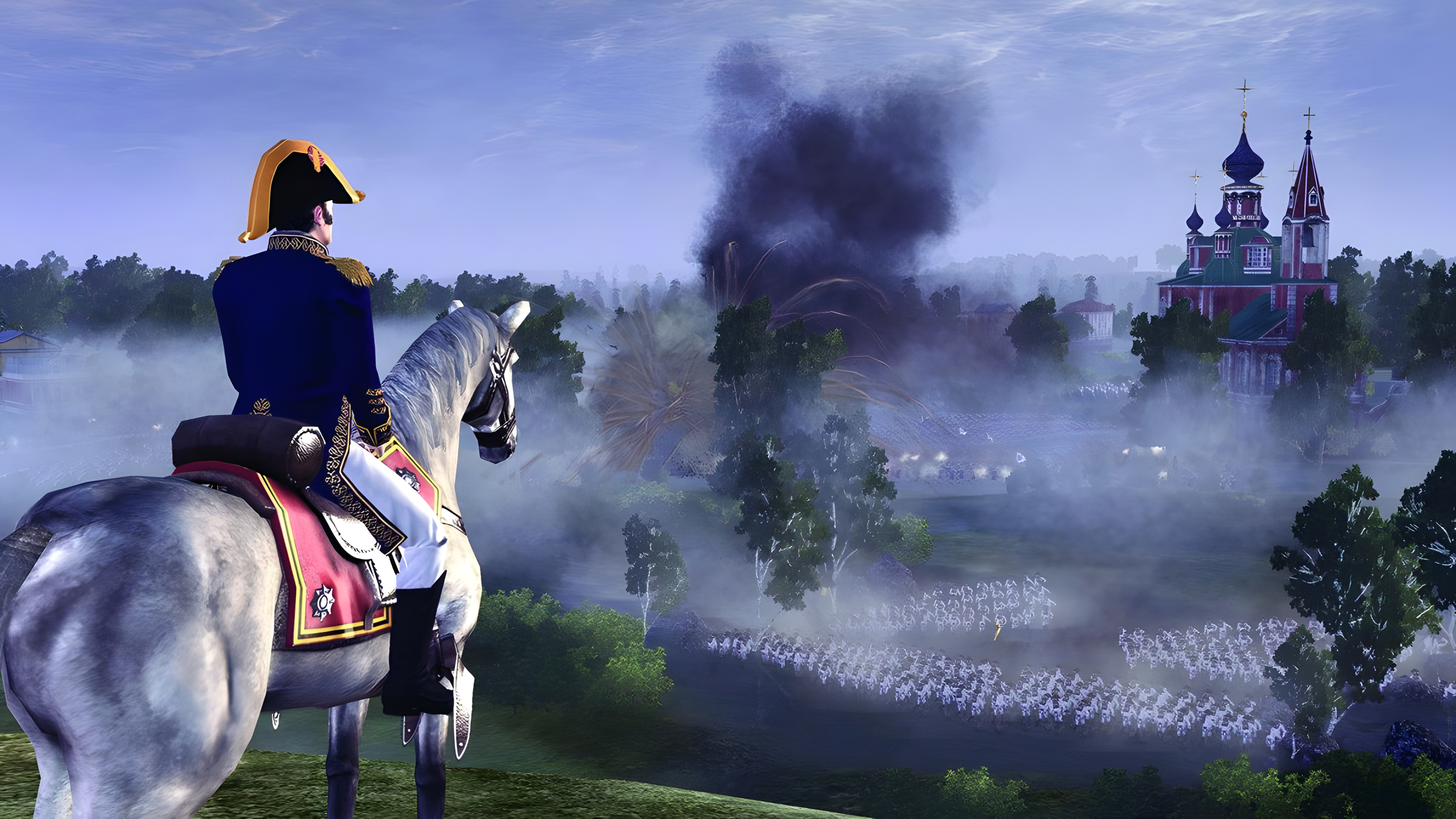
Join The Conversation
Comments
View All Comments